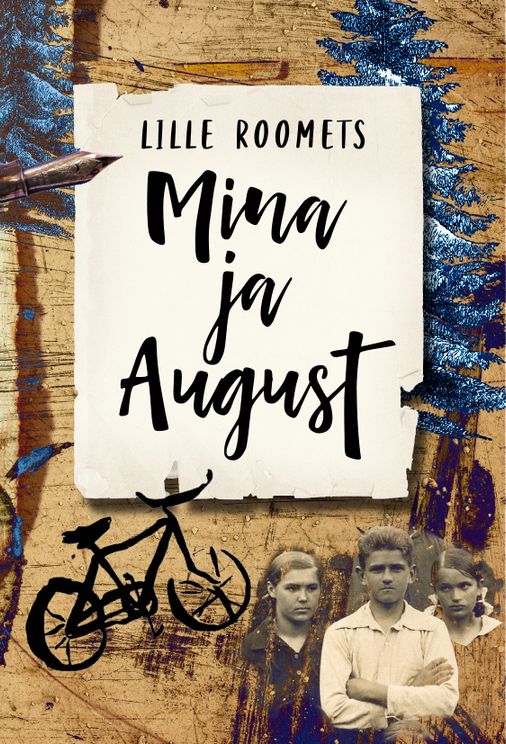Synopsis
Heinrich is a country boy who grows up in the 1930s. By the time he’s just a teenager, he’s caught between competing forces and made to decide how to act when no one is in the right, but neither is anyone explicitly wrong.
Should you listen to your heart or local rumors? Which is stronger: first love or ruthlessness? Does being human mean acting like a person or like a god, deciding whether others live or die? Is anyone ever totally correct? Is anyone a truly good person through and through, or are we all just victims of fate? The plot was inspired by true events and persons in Estonia’s southwest Mulgimaa region in the years 1933–1934, a time when conflicts sprung up with ease. Hunger made people mean, as did the fear of losing what they’d achieved through grueling labor and sacrifices. Admitting one’s own faults is the hardest thing of all – the other person wasn’t completely right, either, and I wasn’t the only one to blame! It’s much easier to speak loudly about things that went right and softly about things that we didn’t do 100% correctly, even if it was at least done in good faith. What’s more, we tend to keep silent about things we knowingly did wrong out of a thirst for revenge, to ease our pain, or to force someone else into silence.
Awards
2024 The White Raven
2023 Good Young Adult Book
